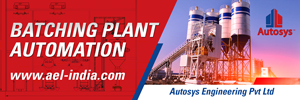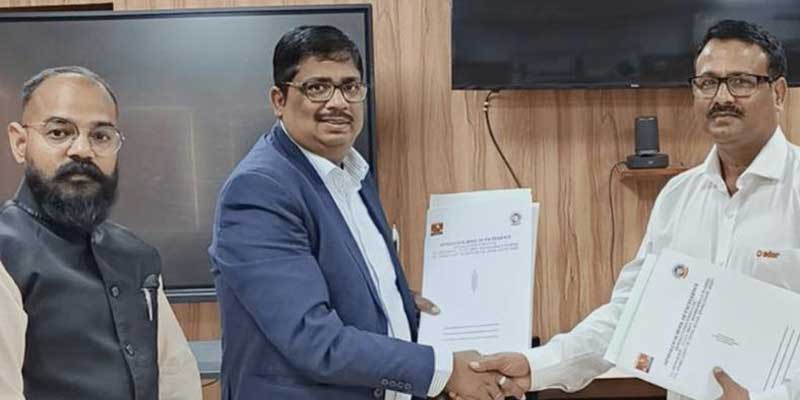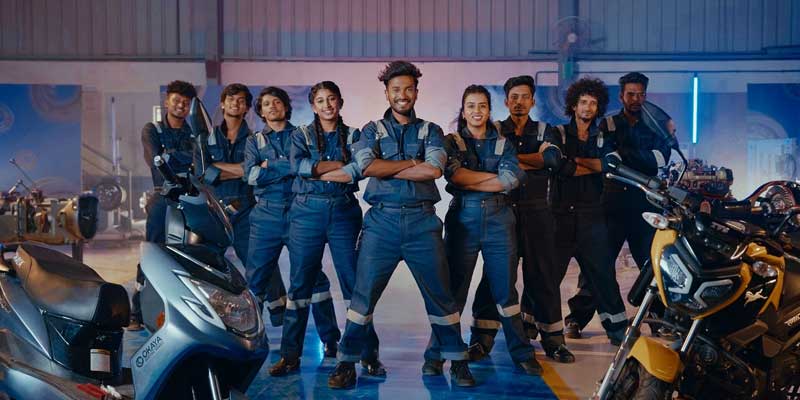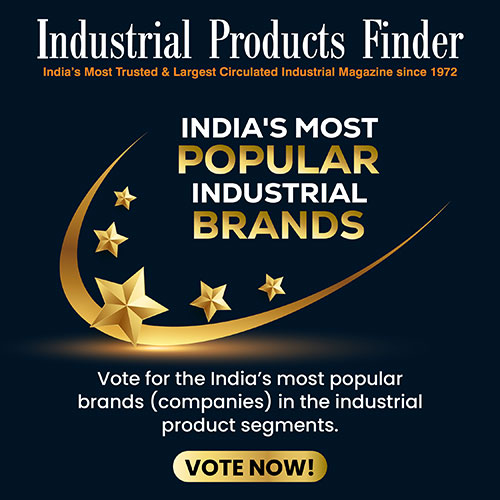Schedule a Call Back
Elgi compressors help industries in saving significant energy: Dr Jairam Varadaraj
 Industry News
Industry News- May 19,20
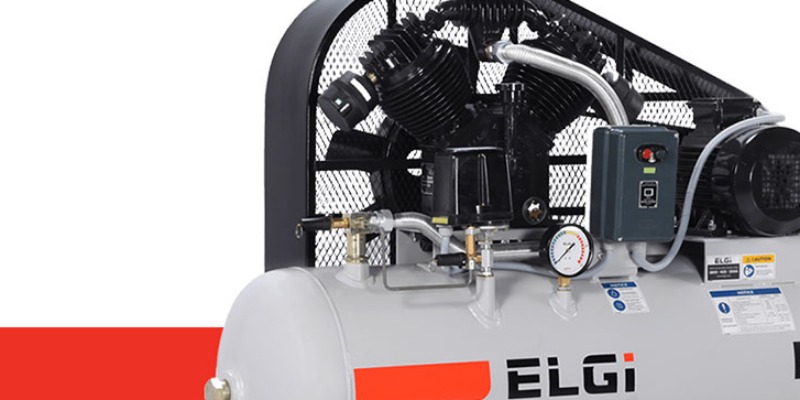
In this interview with Rakesh Rao, Dr Jairam Varadaraj, MD, Elgi Equipments, elaborates on the dynamics of compressors market and why it is necessary for companies to recalibrate and reorient their business strategies amid COVID 19 challenge.
Air compressors find usage across wide range of industries. Coimbatore headquartered Elgi Equipments today is a well-known global compressor brand operating in the most competitive and advanced markets of the world. In conversation with Rakesh Rao, Dr Jairam Varadaraj, Managing Director, Elgi Equipments, elaborates on the growth journey of the company and qualities required to be a force to reckon with on the global landscape.
Elgi today is one of the leading global
players in air compressors market. How would you describe this journey?
Our journey really started with the opening up of the Indian economy in the early 90s when the licensing system was dismantled and India was integrated into the rest of the world. At that moment we realised that there is a huge opportunity for us globally. On the other hand, we knew, if we are not a globally relevant player, we will not be alive even in the Indian market because most of our competitors were multinational, global players.
So, we had to be, at the very least, as good as
them if not better. That is when our journey started. If you look at any
business, the global opportunities are exponentially higher than the Indian
opportunity and that made a lot of sense for us too. But to take India-focus
business and to transform it to be a globally centric business and organisation,
it is a very long process, especially in manufacturing of capital equipment. We
had to lay a lot of focus on fundamentals - like technology, product
development, manufacturing systems, human development, etc. All this took
a long time because these were transformational changes.
Credible growth in the international markets has
been really in the last 8-10 years, when we have been able to establish our
capability in all the difficult markets like Europe, the US and Australia. This
is the journey that we will continue to pursue for the organisation.
During your rise on the global
landscape, what challenges did you faced? How did you overcome these hurdles?
When we started our journey, we knew we need to lay
the foundation for the right to play - that means getting your technology
levels up to a point where you have the knowledge of not just the know-how, but
also the know why of the technology.
To do that takes time and a lot of
partnership. We also made a lot of mistakes along the way and you need to
build enough stamina within the organisation to withstand these failures and learn
from them. Technology was a very big foundation challenge, as we wanted to
build it on our own and not take the licensing route (which would have
restricted our growth). We needed to build it bricks by bricks by partnering
with various organisations and universities from all over the world.
The second challenge was quality to compete in
markets globally. For an unknown and Made in India brand failure is just not
acceptable. So, it is not about making products of very high standards but
making them better than the best. Bringing in quality-consciousness among
people and implementing processes to make products of high-quality standards
was another big transformational change that we had to adopt to.
Finally, it is about strategy; you cannot be a
global player by being everything for everybody. One has to make some very
deliberate choices in which products and markets you want to focus on.
It has been a learning journey; we made some
mistakes and learned from it and made changes accordingly. Today, we are
firmly in control of these three dimensions and we are moving along nicely.
How is the market for air compressors in
India?
India represents close to about 5-6 per cent of the
global market. Compressed air is a utility and the air compressor provides that
utility. Like a generator generates electricity and electricity is a utility.
Every manufacturing company needs compressed air
and, therefore, compressor. It is a good thing in our business because we
are not dependent on any one industry as a big contributor for our business and,
therefore, the risks are low. I cannot think of even one industry that contributes
more than maybe 3-4 percent to our revenue.
What
do you bring to the table for your customers?
The biggest life cycle cost in a compressor is
energy consumption; close to 75 percent of the life cycle cost of a compressor
is energy. Compressed air itself is not a very efficient source of energy, though
it has got a lot of other virtues like safe & easy to transport, easy to
use, etc but it has got inefficiency. So, our value proposition to our
customers is we bring best efficiencies in the world and, therefore, when they
buy our compressors, the savings are pretty significant.
Second dimension of life cycle cost is the
maintenance cost and our compressors have the lowest maintenance cost in the
world. When we combine these two, the customer’s value proposition very
high.
According
to you (a person who has travelled across the world), what are the strengths
and weaknesses of Indian entrepreneurs?
An Indian entrepreneur is an extremely resilient
person. When you operate in India, you operate under extremely tough
conditions - lots of restrictions, lack of resources, inadequate infrastructure
(compared to rest of the world), etc - so you have to concentrate on the
fundamentals of your business. You also need to manage the environment and
there is so much of distraction there. By virtue of all these, an Indian
entrepreneur has become very resilient. If this resilient entrepreneur gets
an environment that takes care of itself and supports him/her, your ability to
produce results is phenomenally more. So that's on the positive side.
On the negative side, we have been inward looking
country right from our independence. Because of our inward-looking mindset
and psyche, we always look at as India out opportunity rather than a global in
opportunity. This is a weakness. We need to make a mental shift whereby
we look at the world as an opportunity and, also, sell in India rather than
make for India and then look to sell outside.
What kind of new opportunities are
you exploring globally as well as in India?
We are steadfast in our commitment to remain in the
compressibility. The compressor business has got a very wide saddle and even
though we play in close to 80 per cent of the space, there are always opportunity
for improvements and expansion. We are constantly looking to expand portfolio
to give our customers a complete solution. This is an ongoing process.
On the technology front, we are looking at creating
breakthrough products, the opportunity for which exists.
How
are you recalibrating your growth plans after Covid 19 pandemic?
We continue to be even more committed to our goal
called CK2 or 'Conquer K2' - K2 being the second tallest peak in the world - that
is to be number two in the world.
There are two critical dimensions to this crisis. First,
we need to understand what is the bottom of this curve. Second, how long will
it take to recover from this bottom. These two dimensions are critical for us
to calibrate as accurately as possible. The situation is very uncertain;
hence it is very difficult to put an exact number on it.
So, you have to work with multiple scenarios and
create financial stamina inside the organisation to be able to withstand
whichever scenario comes in. Looking at the present situation, all companies
across the world will witness a pretty large percentage drop in business. There
may be some exceptions like pharmaceuticals, food, essential goods, FMCG, etc
who will continue to sustain at a reasonably good level, but most other
businesses would hit a deep bottom. Now when you hit a deep bottom, then the
current business model (that you have been running for all these years) is no
longer relevant. The situation is so grave that you need to go back and revisit
your fundamental assumptions of your business model and recalibrate, reorient
and redirect it.
Related Stories
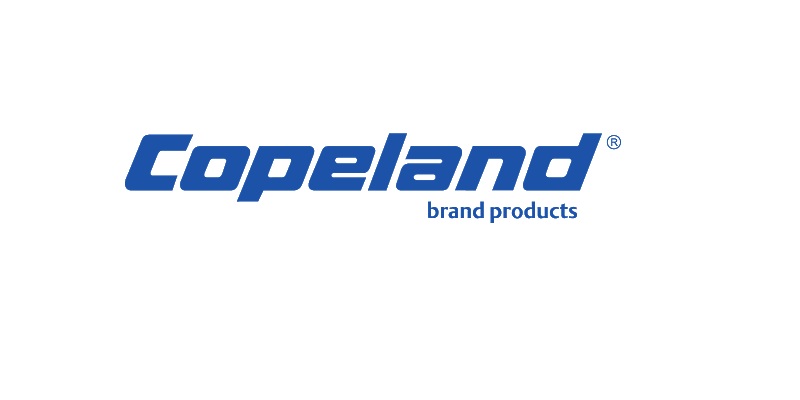
Copeland to relocate recip production from Mexico to India
Copeland will relocate its Cri reciprocating compressor production to factory in Atit, India. The production of CR, CS and CF modules will be relocated to India
Read more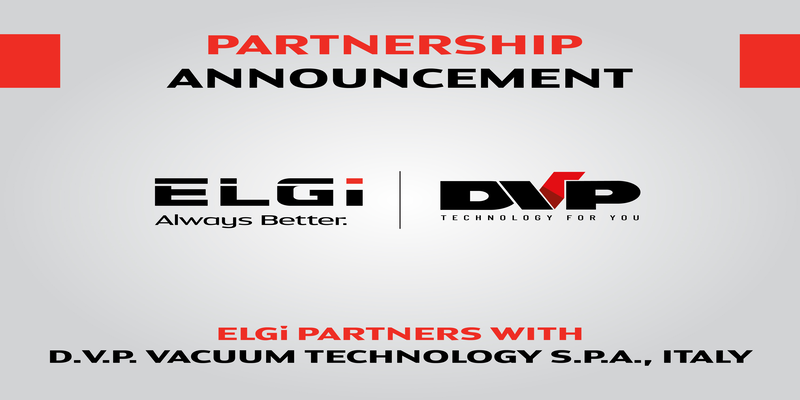
ELGi announces multi-year technology licensing agreement with DVP Vacuum Technology S.p.A
With this agreement, ELGi will expand its product portfolio to include vacuum products.
Read moreELGi unveils upgraded line of portable screw compressors at India StoneMart 2024
The ELGi PG550-215 is precisely engineered to enhance performance, decrease drilling costs, and improve fuel efficiency in the construction and mining sectors.
Read moreRelated Products
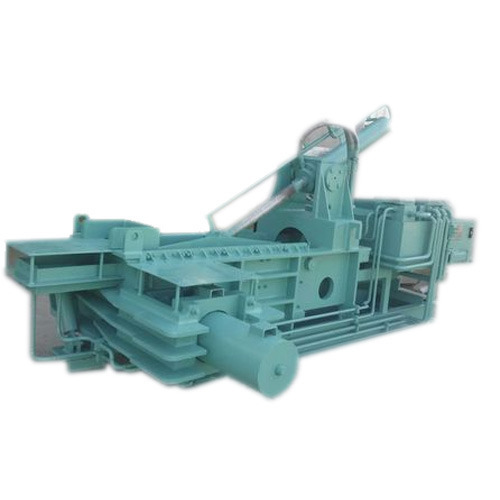
Baling Machine
Mask Hydraulic Machineries provide triple action scrap baling machines. Read more
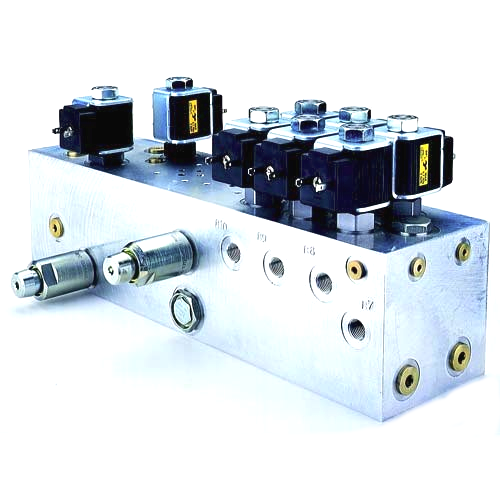
Manifold Block
Om Shakthi Hydraulics offers a wide range of hydraulic manifold blocks. Read more
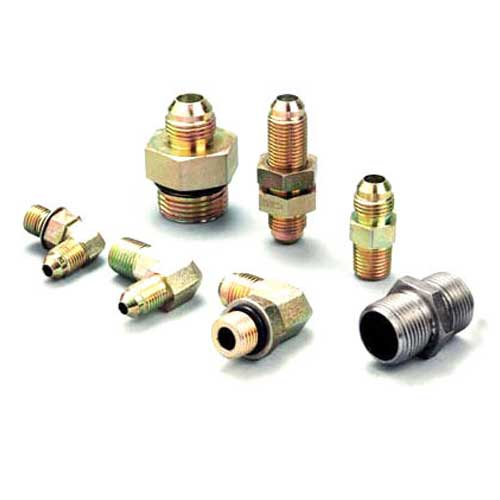
Exclusive Hydraulic Fittings
Supreme Engineers is engaged in manufacturing and supplying an exclusive range of hydraulic fittings. Read more

